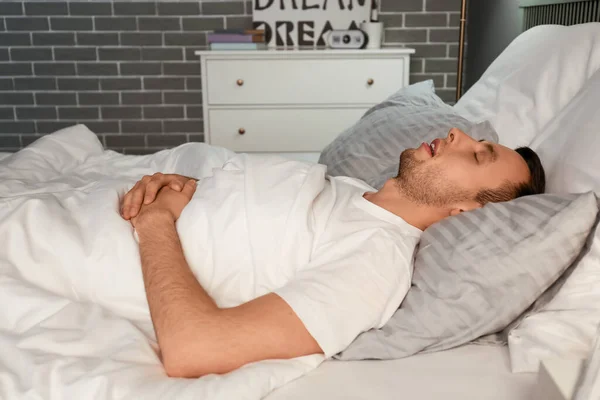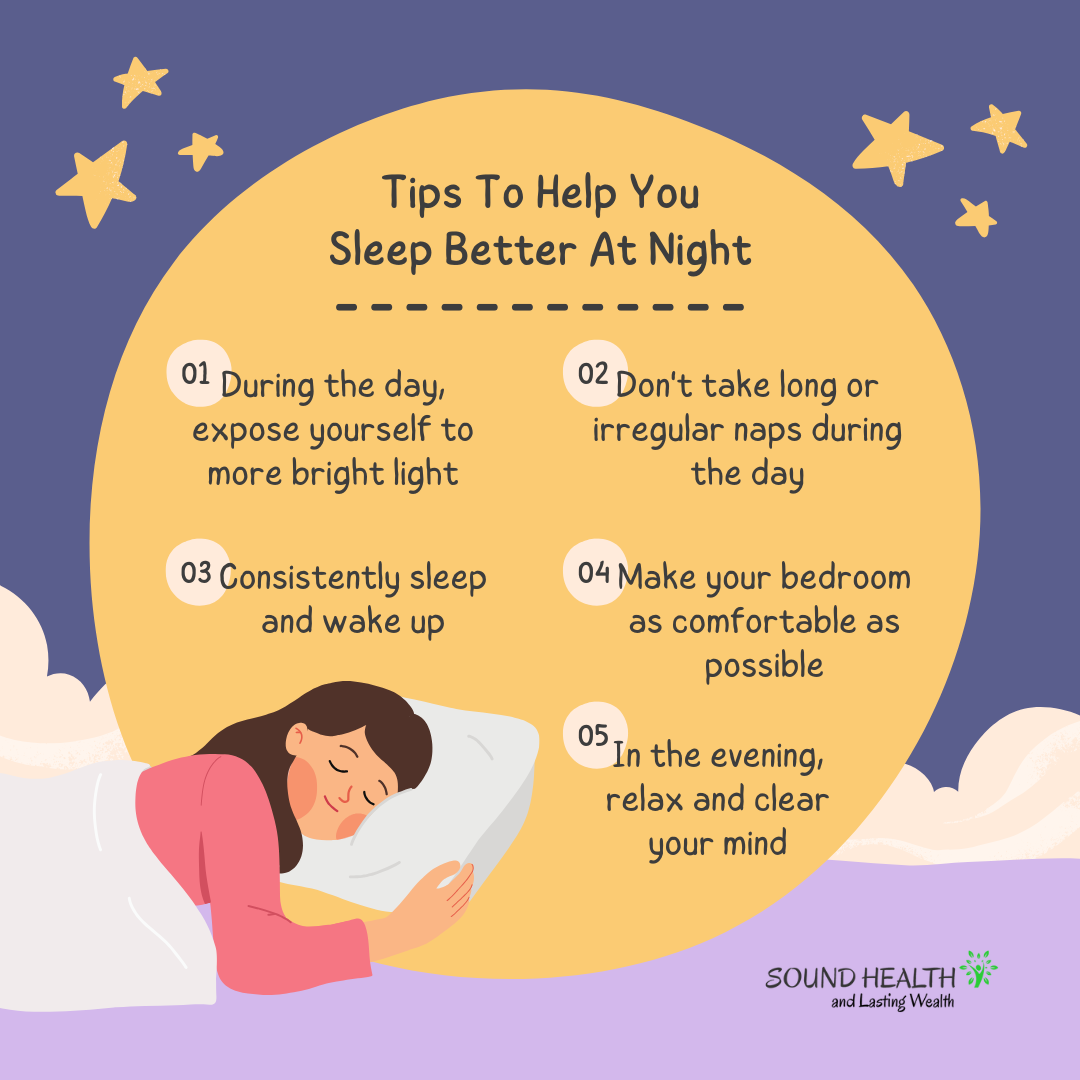Recent clinical trials have highlighted a significant breakthrough in the treatment of obstructive sleep apnea (OSA) through Eli Lilly’s weight loss drug, Zepbound. This medication has demonstrated the potential to reduce sleep apnea episodes by up to 70%, offering hope to millions suffering from this condition.

What is Obstructive Sleep Apnea
Obstructive sleep apnea is a common sleep disorder characterized by repeated interruptions in breathing during sleep due to the collapse of the upper airway. These episodes can lead to decreased oxygen levels, fragmented sleep, and a host of daytime symptoms, including excessive sleepiness, fatigue, and cognitive impairments. The condition affects approximately 20 million Americans, many of whom remain undiagnosed. Risk factors include obesity, which is present in about 70% of OSA cases, making weight management a crucial component in treatment strategies.
How Eli Lilly’s Weight Loss Drug Improves Sleep Apnea
Eli Lilly’s Zepbound, which contains the active ingredient tripeptide, has shown remarkable efficacy in reducing OSA symptoms. In recent clinical trials, participants taking Zepbound experienced an average reduction of 27 to 30 apnea events per hour compared to placebo groups. This reduction corresponds to a decrease in symptom severity by nearly two-thirds. The drug works primarily through significant weight loss—participants lost approximately 20% of their body weight over the trial period—which is known to alleviate OSA symptoms.
How Weight Loss Impacts Sleep Apnea
Weight loss is a well-established method for improving obstructive sleep apnea symptoms. Studies indicate that even a modest weight reduction of 10% can significantly improve the apnea-hypopnea index (AHI), which measures the severity of OSA. This is because excess weight can contribute to airway obstruction during sleep. Therefore, medications like Zepbound that facilitate weight loss can be instrumental in managing OSA effectively.

What the Experts Say About Zepbound for Sleep Apnea
Experts are optimistic about Zepbound’s implications for treating OSA. Dr. Eric Landsness noted that the results from Eli Lilly’s trials are promising, particularly for patients who cannot tolerate traditional treatments like CPAP machines. Additionally, Dr. Christine Ren-Fielding emphasized that the observed improvements in OSA symptoms were closely tied to the substantial weight loss achieved by participants on Zepbound. However, it is important to note that these findings are preliminary and have yet to be published in peer-reviewed journals.
How to Talk to Your Doctor About Zepbound for Sleep Apnea
If you or someone you know suffers from obstructive sleep apnea and is considering Zepbound as a treatment option, it is crucial to have an informed discussion with your healthcare provider. Here are some points to consider:
- Discuss Symptoms: Share specific symptoms experienced during sleep and any daytime fatigue.
- Medical History: Provide a comprehensive medical history, including any previous treatments for OSA.
- Weight Management Goals: Discuss your weight loss goals and how they relate to your overall health.
- Inquire About Zepbound: Ask about the potential benefits and risks associated with Zepbound, including its effects on OSA.
- Insurance Coverage: Discuss insurance options and potential costs associated with the medication.
Is Zepbound Expensive?
The cost of Zepbound can vary significantly based on insurance coverage. Without insurance, prices may reach up to $549 for a one-month supply. However, if you have commercial insurance that covers the drug, out-of-pocket costs could be as low as $25 per month with a savings card provided by Eli Lilly. It’s advisable to check with your insurance provider regarding specific coverage details.
The Bottom Line on Using Weight Loss Drugs for Sleep Apnea
The emergence of Zepbound as a treatment option for obstructive sleep apnea marks an important development in managing this widespread condition. With its ability to significantly reduce apnea events through effective weight loss, it presents a dual benefit for individuals struggling with obesity and OSA. As research continues and more data becomes available, Zepbound may become an integral part of treatment protocols for patients with obstructive sleep apnea seeking relief from their symptoms while addressing underlying obesity issues.

In summary, while further studies are needed to solidify its efficacy and safety profile specifically for OSA treatment, Zepbound represents a promising avenue for improving the quality of life for those affected by this challenging condition.
Also Read | Is Sleep Apnea Genetic? Risk Factors, Menopause, and What You Can Do
Content source – www.soundhealthandlastingwealth.com

